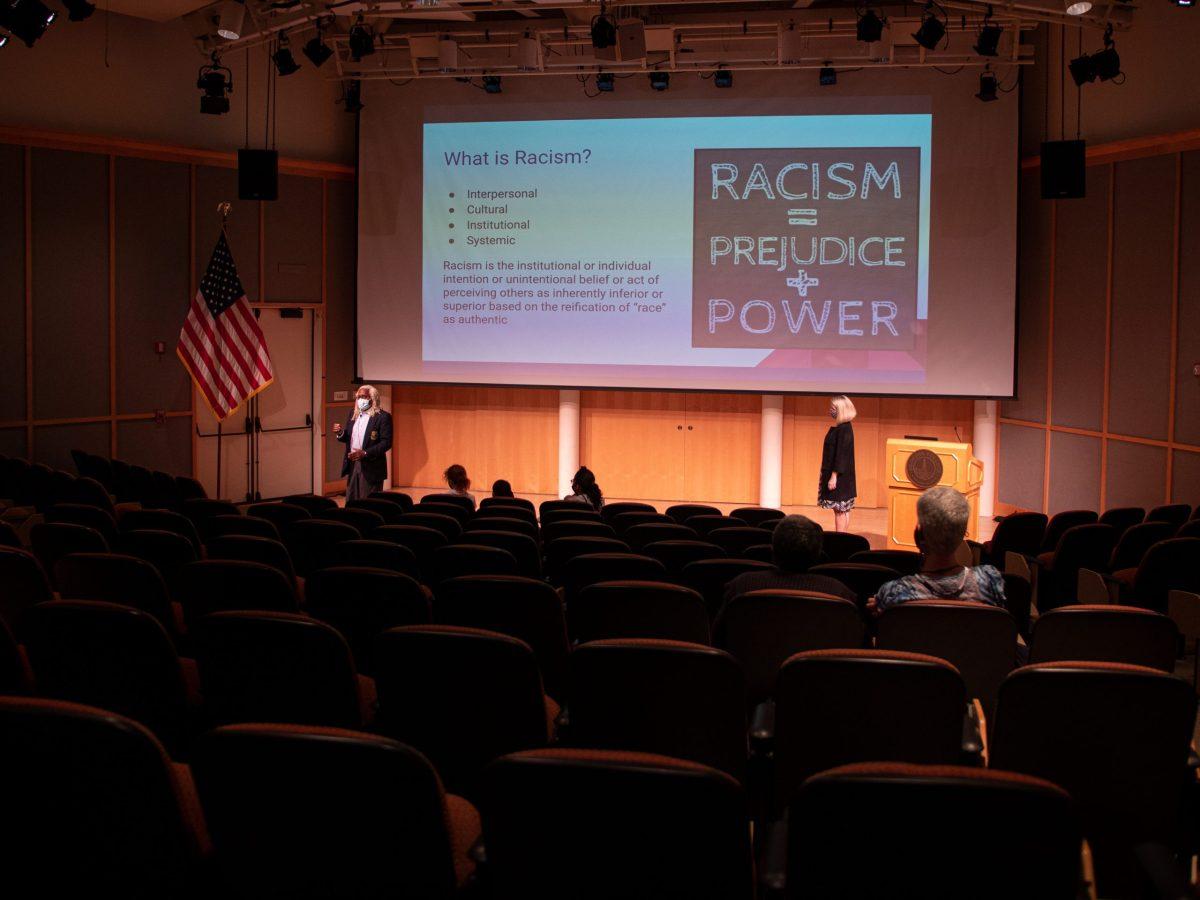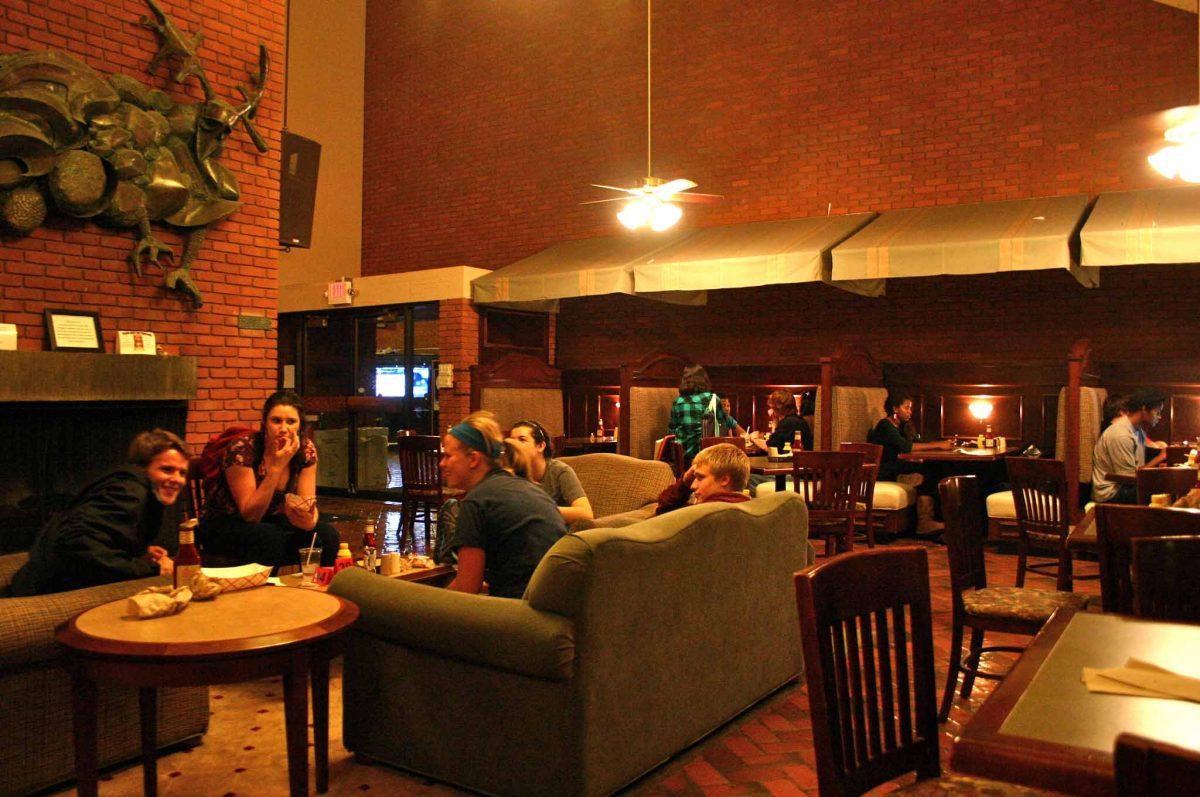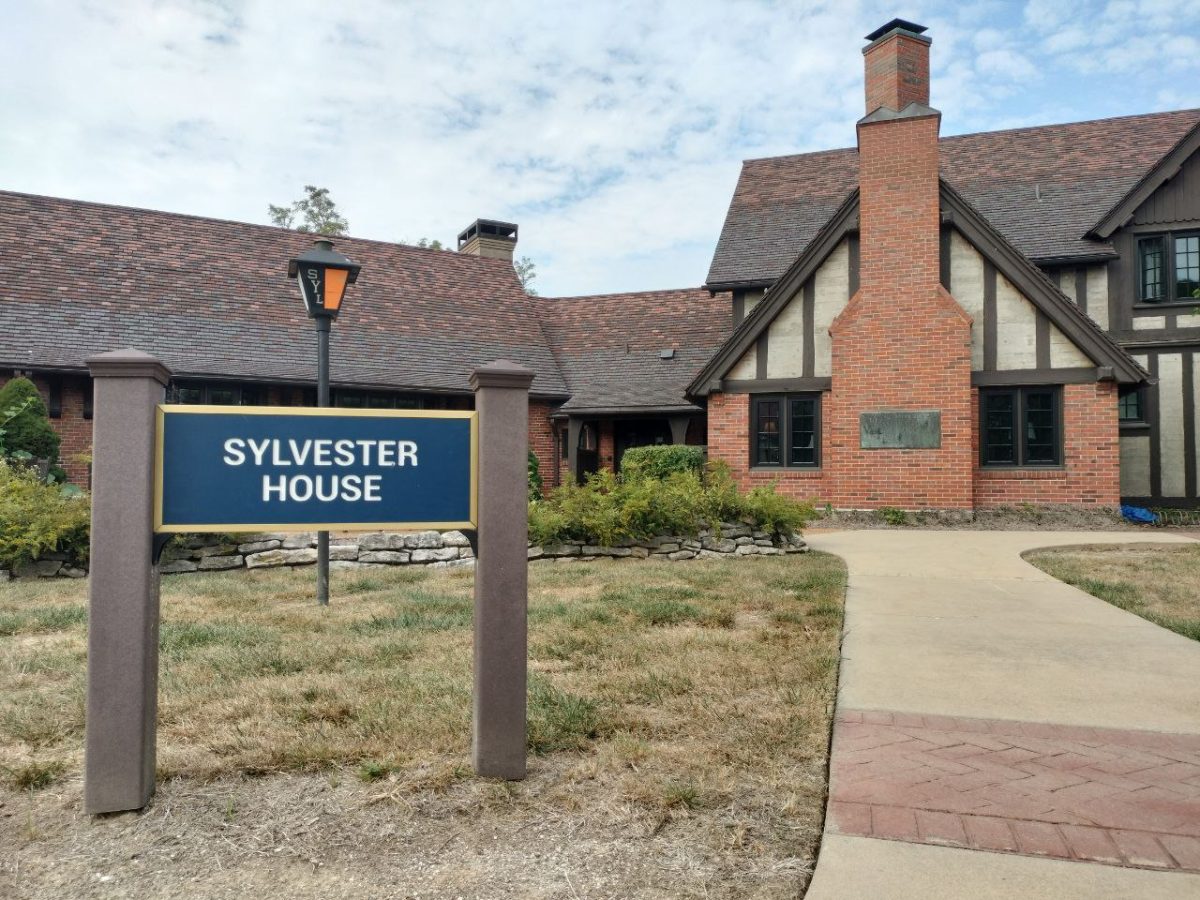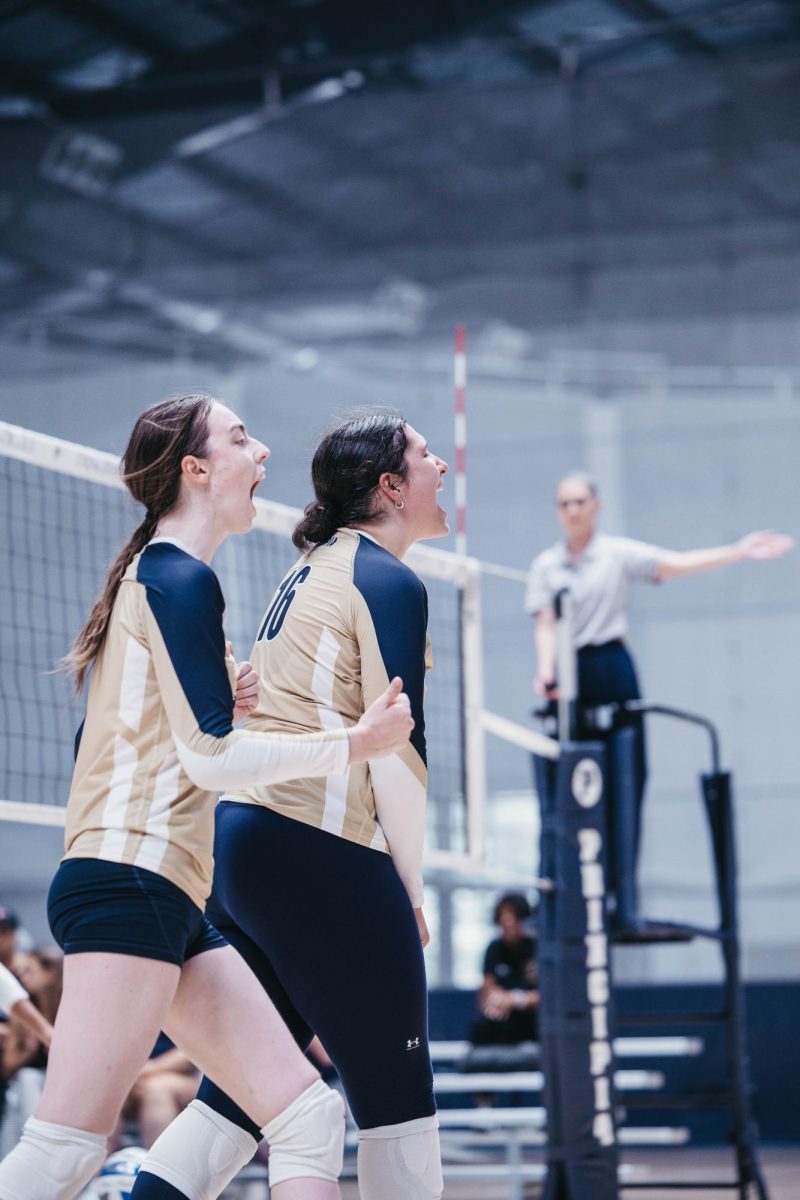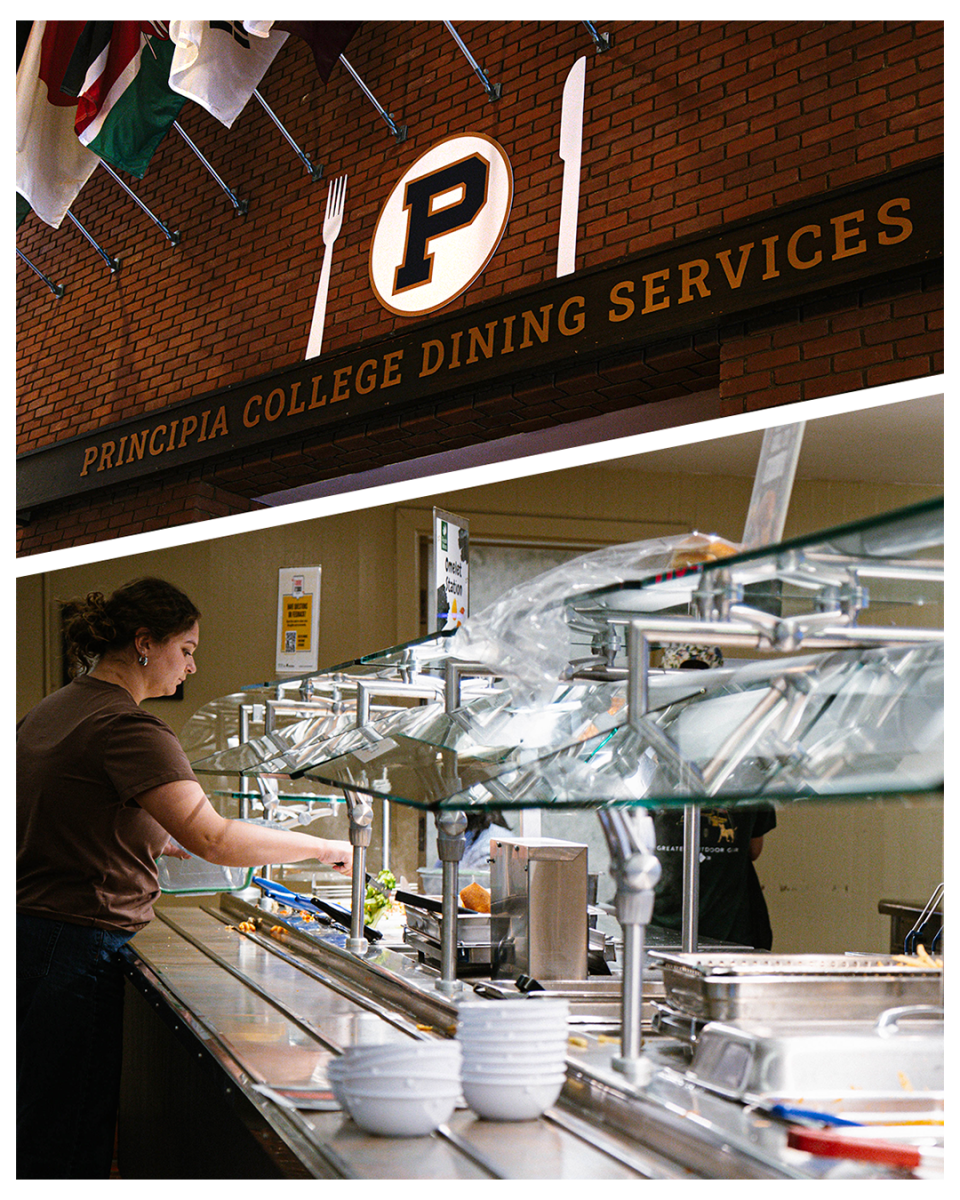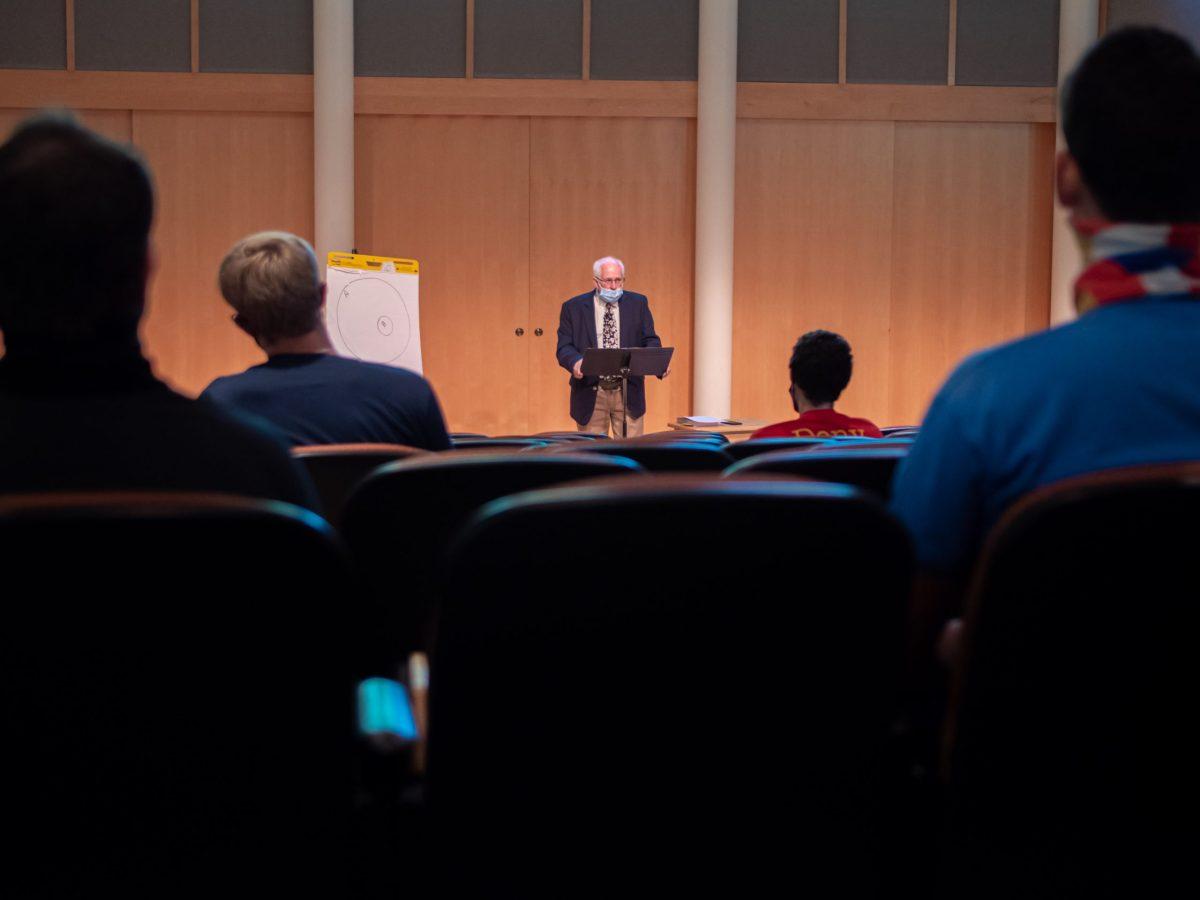By Rachel McLeod-Warrick
Racism can be addressed through prayer, but it must be done so consciously, said Billy Miller and Winnie Needham in a jointly-delivered Faith in Action talk Thursday, September 10, in Wannamaker Hall. The talk, titled ‘How to Pray about Racism’ was part of Principia College’s series of metaphysical talks.
“What are we praying about,” was a question continually posed by Miller, an associate professor of sociology with additional expertise in law and conflict resolution.
“If we are praying so much, what happens when people don’t feel love? And the second question becomes: You’re a Christian Scientist, where is that love coming from?”
Miller went on the emphasize the feeling of being loved by people of a different race or sexual orientation. “You can’t just pray about love; you’ve got to actually go out a demonstrate love,” he said.

“Is prayer a prayer without action,” Needham asked the audience, which numbered around 250 in person and over Zoom.
“It was a very articulate response to the active questions we all have as Christian Scientists about supporting our greater community in these trying times,” said Junior Olivia Denson.
“Talks like these have begun an era here at Principia where we are questioning our beliefs in order to adequately seek the spiritual approach to very real issues. The talk left me with a renewed sense of being about my Father-Mother’s business and understanding the power [of] one Mind. As Mary Baker Eddy says, ‘the time for thinkers has come.’”
“Racism requires the same level of attention as original sin.”
Miller and Needham, longtime close friends, bring expertise from separate fields. In addition to classes at Principia, Miller also teaches graduate courses on social justice and human diversity at Washington University and sociology classes at Lewis and Clark Community College.
Needham, an associate professor of educational studies, is also the division head of social sciences, and has experience as a middle school teacher and school principle.
Needham and Miller centered Thursday’s talk around their friendship as a white woman and a Black man. Needham is a good listener and asks critical questions, said Miller. She wants to know about the African American experience.
And for his part, said Needham, Miller is brave and keeps his eye on what matters. He also pushes issues of social justice forward, particularly pertaining to racial and LGBTQ+ justice.
Both spoke about privileges they hold, as a result of either their race or gender. They aren’t experts, they said together, but simply want to start the conversation.
Playing ‘Where is the Love,’ a song by the Black Eyed Peas Iconic Song, Miller and Needham used the message of the song to frame their talk as an honest conversation and a place to ask questions.
“If we don’t talk about [race] then we won’t pray about it” said Miller.
What, though, does questioning the status quo and seeing love in action look like, Miller and Needham asked. “Here at Principia we do a lot of praying but are we practicing that prayer, and [is] that practice guided by love?” said Miller. “Are we examining what we are praying about?”
Praying without acting or demonstrating is dangerous, says Miller. “Have the courage to speak out because one of the things we don’t do…as Christian Scientists [is] ask a lot of questions.”
Many times, people only pray about their own agenda, he said.
One challenge is praying about racism if you aren’t sure exactly what it is, said Needham, before giving the audience a working definition.
“Racism is an institutional or individual intentional or unintentional belief or act perceived by others as inherently inferior or inherently superior based upon their reification as race as authentic,” she read.

“We know that racism is a social construct invented by society,” said Miller. “Now let me be very careful, because sometimes as Christian Scientists we jump on that saying ‘we know that’s not real.’ But we behave as if it is real. And when you behave as if racism is real, it is racism.”
“Have the courage to speak out because one of the things we don’t do…as Christian Scientists [is] ask a lot of questions.”
“If this concept [of racism] seems new, it will be very difficult to read the lesson and find applicable metaphysical ideas,” said Needham.
The antidote is to become familiar with how racism functions in your daily life “so that you are trying to pair it with metaphysical ideas… It’s impossible to pray about racism if you don’t have a working knowledge of how it functions within our society.”
In her own prayer, Needham continually works with two thoughts: “What lies am I being presented with,” and standing porter at the door of thought.
“Racism requires the same level of attention as original sin,” she said.
Miller prays with the Golden Rule, along with avid questioning and reexamining his thoughts and prayers. “Do unto other as we would have them do unto us,” Miller repeated.
“It can’t get much simpler than that. It doesn’t come with a lot of bells and whistles. It is what it is.”
Featured image at top by John Woodall. Winnie Needham and Billy Miller speak on praying about racism on September 10, 2020 as part of Principia’s Faith in Action series.
[Editor’s note: The article has been corrected to refer to the Faith in Action series. The Pilot regrets the error.]


